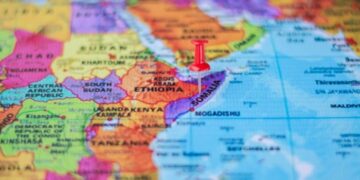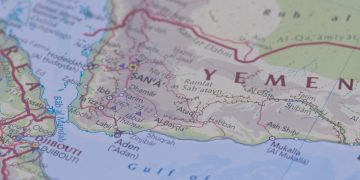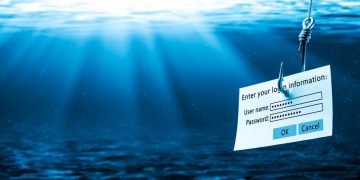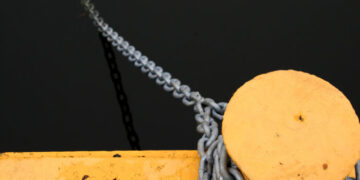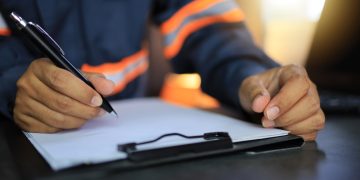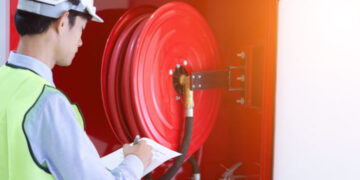Recommended Practice for LNG bunkering
DNV GL launches recommendations for safe and efficient LNG bunkering One of the key hurdles to the increased global use of ships fuelled by Liquefied Natural Gas (LNG) is the lack of harmonisation of bunkering operations. "DNV GL is therefore today launching a Recommended Practice for authorities, LNG bunker suppliers and ship operators which provides guidance on how LNG bunkering can be undertaken in a safe and efficient manner," says Lars Petter Blikom, DNV GL's LNG director.LNG-fuelled ships have logged over 130 ship-years of operation in Norwegian waters and LNG's attractiveness and stability as a fuel have been thoroughly demonstrated. Globally too, operators, suppliers and regulators have gained significant experience in all aspects of LNG-fuelled ship operations in recent years. However, the process for developing the required infrastructure has not been standardised - leaving the industry with many open questions.Currently, 83 LNG-fuelled ships are in operation or on order worldwide. These range from passenger ferries, Coast Guard ships and cargo vessels to tankers and platform supply vessels. Estimates put the global LNG-fuelled fleet at 3,200 by the year 2025. With the EU poised to invest in helping to equip 139 seaports and inland ports with LNG bunker stations by 2025, ...
Read more



